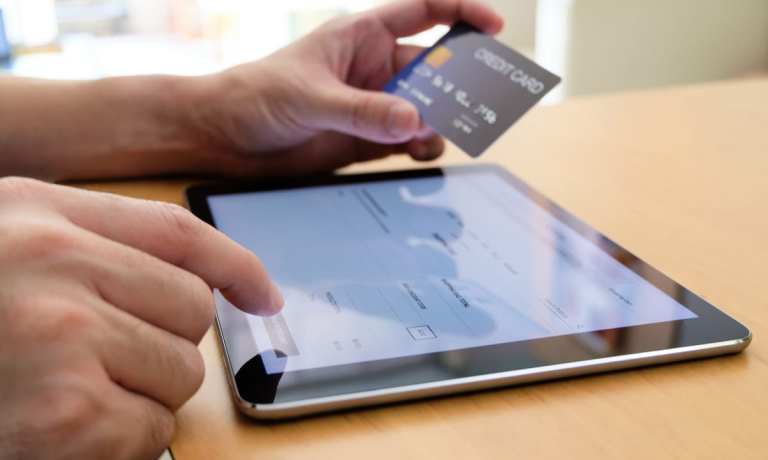Middle East’s BNPL Firm Tabby Teams With New York’s Splitit

New York’s Splitit has teamed up with the Middle East’s tabby to offer expanded buy now pay later (BNPL) tools and white label opportunities, according to a press release on Monday (June 28).
The strategic partnership brings Splitit into the fast-growing $7 billion United Arab Emirates (UAE) and $11 billion Saudi markets. The technology expansion will deliver white-label offerings intended to boost opportunities for growth and widen revenue streams.
Soon, tabby will integrate Splitit’s BNPL platform through a white-label solution that will give tabby’s merchants the opportunity to extend installments on credit cards. The integration with Splitit also will give tabby the chance to expand offerings into multiple categories. The tie-up is anticipated to be completed by the end of the third quarter of this year.
BNPL provider tabby serves over 2,000 merchants in the UAE and Saudi Arabia, including Ikea, SHEIN, Marks and Spencer, Adidas, and Toys R Us, per the release.
“This is a great partnership for us at tabby as it allows us to broaden our product offering to existing merchants as well as enter new verticals across the markets we serve,” said tabby founder and CEO Hosam Arab. “Splitit has an elegant solution that will fit nicely within our product and complement our financing options for higher-value purchases.”
“Our global payments platform is the only solution leveraging credit card payment networks, with the flexibility to scale internationally without the need for major on-the-ground support,” said Splitit CEO Brad Paterson.
“Having expanded our platform capability, we can now also offer white-label solutions as a way to enter new regions such as the Middle East by partnering with established players that already have a strong market presence. While we remain focused on further penetration of Splitit’s branded product in the U.S., APAC and Europe, this provides a new low-cost, high-margin revenue stream which we can easily emulate in other markets,” Paterson added.
PYMNTS’ January Buy Now, Pay Later Tracker takes a look at how BNPL options were used during the pandemic by high-income and paycheck-to-paycheck shoppers.
The economic conditions brought about by the pandemic have driven consumers to find alternatives to high-interest debt vehicles to buy necessities and other goods. Some 30 percent of consumers were already tapping such tools like BNPL in July 2020.